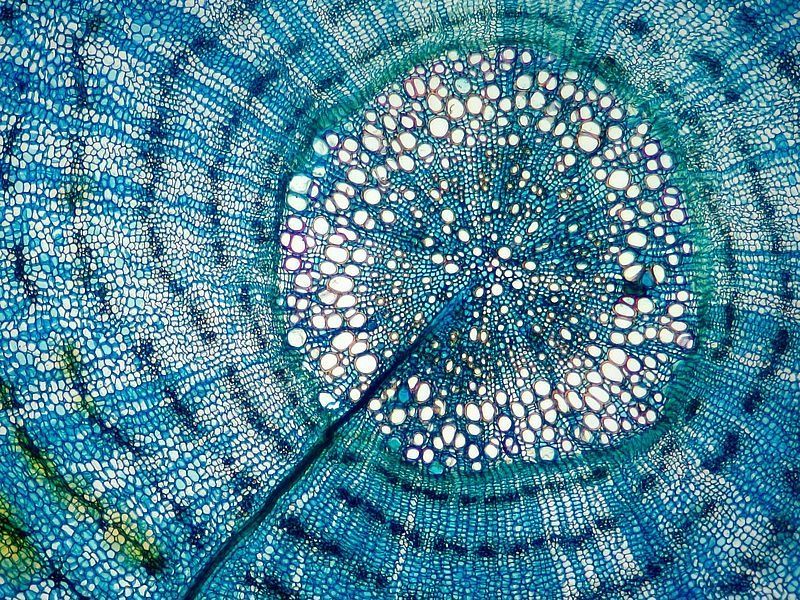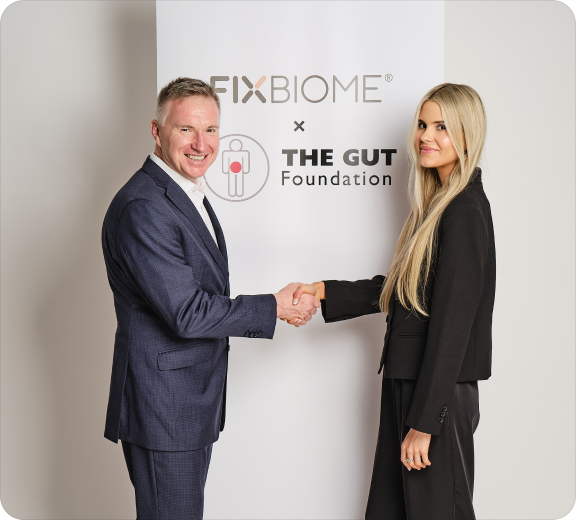Your gut is the centre of your wellbeing and nature is the blueprint.
Mood, energy, focus, resilience, it all begins in the gut. FixBIOME restores what modern life disrupts, with bio-aligned, clinically researched ingredients and a patent-pending formulation created to work in harmony with your biology.
Shop Our Products
































Regulate - With Nature.
Beyond probiotics, a new kind of gut support, rooted in nature, backed by science, built for bio-individuality.
Gut Fix





4.85 (192 Reviews)
Your daily defence against modern-day life. Supporting healthy gut function, helping you stay regular, resilient, and regulated, both mentally and physically.
From
$79.00

Daily gut support for clarity, energy, and resilience
Nourishes your gut lining for everyday balance and wellbeing
Supports digestion, mood, and nervous system regulation
Gut Reset Course





4.85 (192 Reviews)
For people ready to repair, reset, and rebuild their gut health. A practitioner-designed 3-phase system developed to support microbiome balance, strengthen gut integrity, and promote long-term digestive wellbeing.
From
$159.00

Helps relieve occasional bloating, gas, food sensitivities, and irregular digestion
Supports smoother digestion and better nutrient absorption
Promotes steady energy, mental clarity, balanced immunity, and gut-brain regulation
Real people who solved their gut issues
Watch real stories from people who restored their gut health, overcame persistent
symptoms, and regained their quality of life using FixBIOME.
Learn about the FixBIOME Difference
Why we are not a Probiotic
Not all ingredients are created equal - especially in nature. A banana picked too early, too late, or grown in depleted soil still reads banana on the label - but the nutrient profile and biological effect can vary dramatically. We go beyond the name. We examine how each ingredient is sourced, processed, stabilised, and tested - because nature is nuanced, and quality matters.
Our Philosophies

The Gut

Your gut is the foundation of your health, shaping mood, immunity, energy, and focus. Modern life throws this delicate system off balance. FixBIOME helps restore its natural rhythm - reconnecting body, mind, and biology.
Discover our Gut Philosophy

The Foundation of How You Feel

A Defence Mechanism

A Nutrient Extraction System

An Ecosystem

The power of Nature

Nature is our blueprint. It knows how to regulate, restore balance, and return to rhythm when given the right inputs. FixBIOME works with nature, never against it, honouring your body’s innate intelligence.



Root Cause & Terrain Theory

Symptoms are messengers, not problems. FixBIOME looks to the root cause, restoring the foundation: your inner terrain. By supporting the gut, immune, and nervous systems together, we help your body return to its natural state of balance, where resilience, energy, and clarity can thrive.
Learn More About Terrain Theory

Ingredient quality
Most brands stop at what an ingredient is. We go deeper, to how it’s sourced, which part is used, and how it’s stabilised to preserve active compounds and deliver consistent potency. In this video, Michaela Sparrow - Functional Health Expert, Naturopath & Clinical Nutritionist (BHSc, ACAAM, mANTA, MSc Stu) explains how ingredient quality determines potency, stability, and real-world results.
Ingredient synergy
Ingredients don’t work in isolation, they work in harmony. Every FixBIOME formula is built on intentional synergy, combining ingredients that amplify each other’s impact to enhance stability and absorption.
Our 11 Golden Rituals
Rooted in nature. Backed by science. Designed to bring your body back to regulation.
Why we are not a Probiotic
Your gut is as unique as your fingerprint, and true gut regulation starts with a whole-system approach that rebuilds balance, integrity, and resilience from the inside out. In this video, Michaela Sparrow - Functional Health Expert, Naturopath & Clinical Nutritionist (BHSc, ACAAM, mANTA, MSc Stu) explains why genuine gut repair means working with your body’s own ecosystem, not just adding more bacteria.
Our ingredients are supported by The Gut Foundation - Australia’s leading authority on gut health.
Roy Wakelin-King
Dr. Rupinder Ruprai
Michaela Sparrow
Ingredient quality
Most brands stop at what an ingredient is. We go deeper, to how it’s sourced, which part is used, and how it’s stabilised to preserve active compounds and deliver consistent potency. In this video, Michaela Sparrow - Functional Health Expert, Naturopath & Clinical Nutritionist (BHSc, ACAAM, mANTA, MSc Stu) explains how ingredient quality determines potency, stability, and real-world results.
Ingredient synergy

Formulated by Doctors & Naturopaths

Made in Australia. Used Worldwide by Practitioners

Patent-Pending. Built to Work With Your Biology

Formulated by Doctors & Naturopaths

Made in Australia. Used Worldwide by Practitioners

Patent-Pending. Built to Work With Your Biology

Formulated by Doctors & Naturopaths

Made in Australia. Used Worldwide by Practitioners

Patent-Pending. Built to Work With Your Biology





